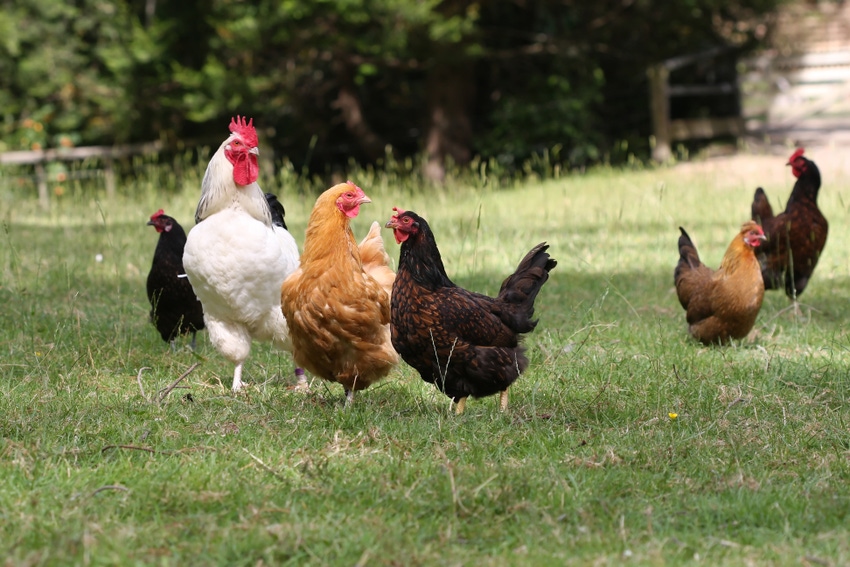March 25, 2019

A new initiative lead by Cargill and Heifer International aims to improve the nutrition and economic livelihoods of 100 million people by 2030 through the production, promotion and consumption of poultry.
Called The Hatching Hope Global Initiative, the program helps farmers not only feed their families but also become part of the solution to bridging the global food and nutrition security gap, while boosting local economies and providing nutrition education. Hatching Hope will work directly with women smallholder farmers, initially in India, Mexico and Kenya.
“We believe that the key to ending hunger and poverty is for farmers to be able to earn a living income,” said Pierre Ferrari, president and CEO of Heifer International. “Through Hatching Hope, we’re investing in smart, resourceful women farmers, working with them to improve their products and access new markets. We’re excited to launch Hatching Hope as it can be quickly scaled up, supporting more farmers around the world.”
Hatching Hope will drive awareness of the nutritional benefits of poultry and eggs and stoke demand through local and national education campaigns. Farmers will be connected to markets and equipped with the goods and services they need to be successful participants in the poultry value chain.
“Millions of people worldwide go hungry every day and lack access to nutrients they need to grow and thrive,” said Chuck Warta, president of Cargill’s premix and nutrition business. “While donations of food and money provide short-term relief, we can create sustainable change by teaching and sharing what we know, and helping transform subsistence farmers into productive, successful entrepreneurs who have the economic means to feed their children, send them to school and lift their families and communities out of poverty. We believe the 800 million smallholder farmers around the world need to be part of the solution to help us feed 10 billion people by 2050.”
Cargill and Heifer share a common belief in the value of safe and affordable animal protein in the diet and a commitment to improving livelihoods of smallholder farmers. Heifer has long-term presence, development expertise and strong relationships in rural communities that build social capital. Cargill has expertise in animal health and productivity with deep knowledge in the poultry industry and global market. Both have a strong global footprint and on-the-ground presence in developing countries and the ability to mobilize staff to address specific issues facing the poultry value chain in the countries where Hatching Hope will operate.
“We think poultry offers a unique set of advantages that set farmers up for success,” said Warta. “Meat and eggs present an opportunity to involve all members of the household –from women to children to the elderly. The poultry growing cycle is also fast-paced, so it can deliver meat and eggs quickly and provide a valuable nutritional source – particularly for children.”
Cargill and Heifer partnered on an initiative in China two years ago to equip 450 women-led poultry farms with chicks, training and access to nutritional expertise and other services. The success of that project became the inspiration for Hatching Hope.
“The magic of the Heifer model is that every person that takes part in the project commits to pass on knowledge and expertise, and maybe even chickens to another family,” Ferrari added. “Farmers see not only that change is possible, but that it’s worth their time. Together, we build strong networks between farmers and link communities into markets – and this is how the reach and impact of Hatching Hope will continue to grow.”
Source: Cargill, which is solely responsible for the information provided and is wholly owned by the source. Informa Business Media and all its subsidiaries are not responsible for any of the content contained in this information asset.
You May Also Like




